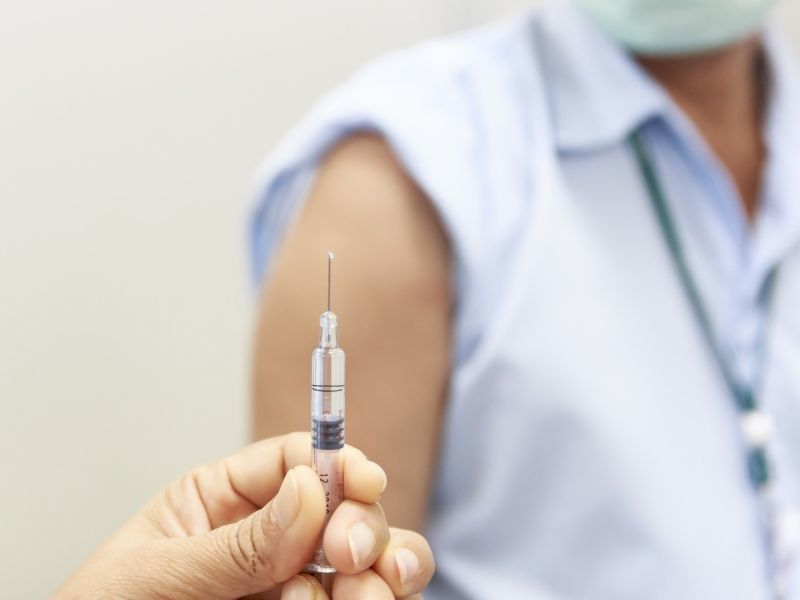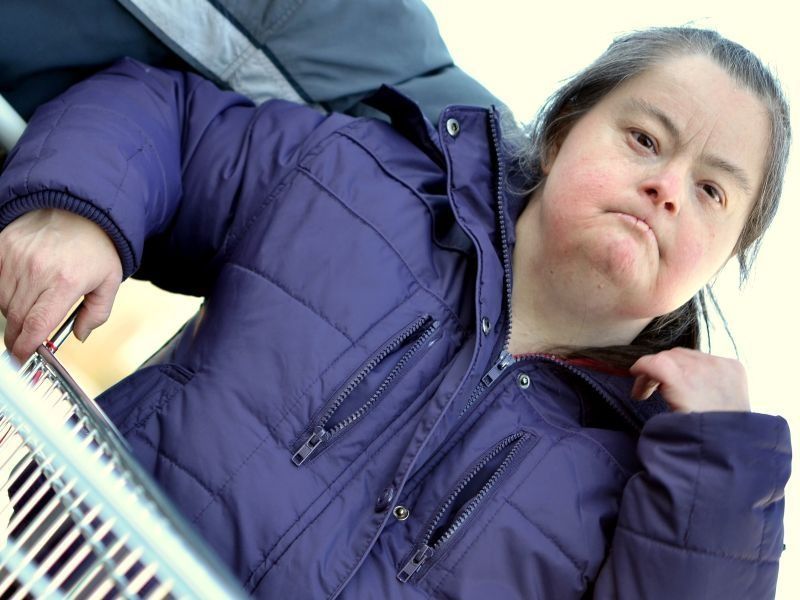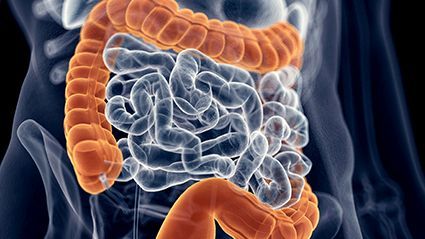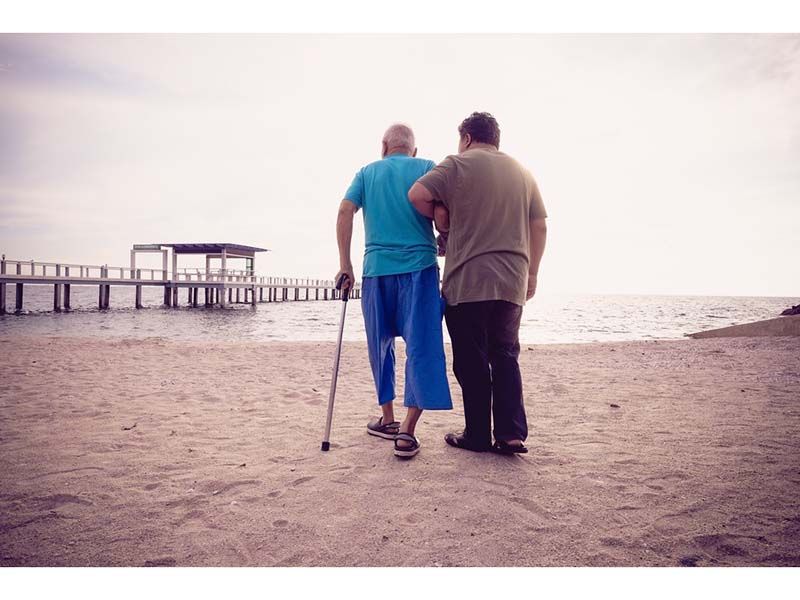
Giving blood thinners to COVID-19 patients soon after they’re hospitalized could reduce their risk of dying. That’s the conclusion of a new study that analyzed data from the U.S. Department of Veterans Affairs on nearly 4,300 patients, average age 68, who were hospitalized with COVID between March 1 and July 31. Of those, more than… read on > read on >






























